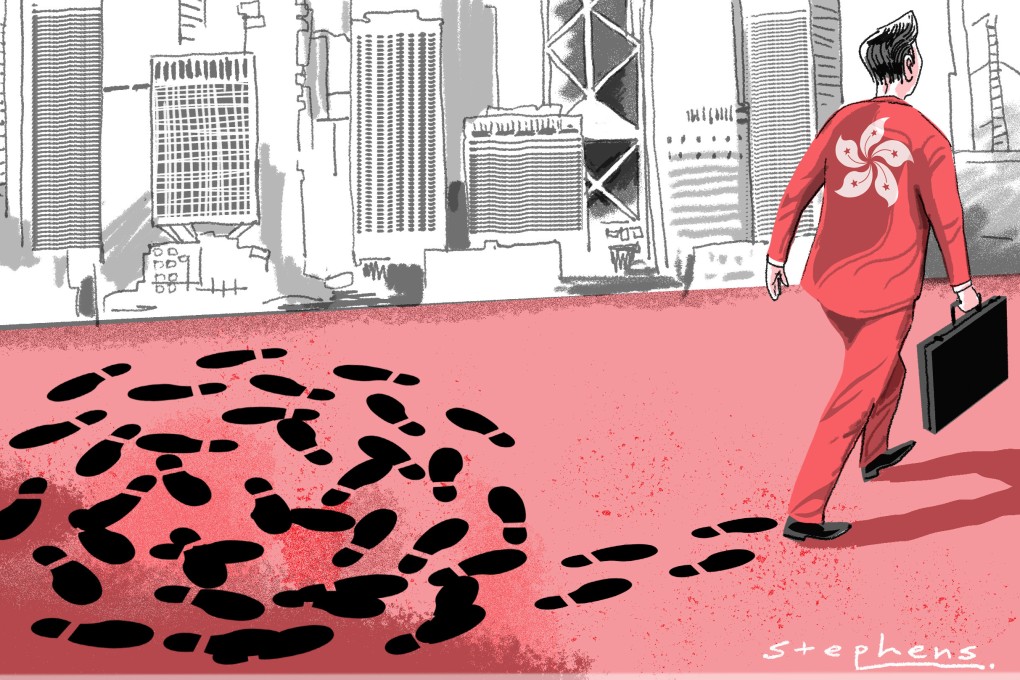Opinion | It has taken 25 years, but the Hong Kong government has finally found its feet
- Beijing kept its promise to leave Hong Kong’s governance structure unchanged but, by 2002, deep fissures in society had begun to hamper its effectiveness
- The 2019 social unrest hastened the introduction of national security legislation and an electoral system that will ensure the effectiveness of governance going forward

I was at the time a senior directorate officer in the administrative service of the Hong Kong government. To put our minds at ease while serving the new government, officers in our ranks had been given the right of abode in the United Kingdom.
We had been emphatically assured by both governments that the governance structure that had served Hong Kong well so far would continue to do so after the transfer of sovereignty.
And so it did, at least for the first term of the Hong Kong Special Administrative Region government, when the business of administration remained in the safe hands of senior civil servants, whose values and ethics had been largely moulded by their colonial masters throughout their career. The economy bounced back after the Asian financial crisis, defying earlier prognoses of our system collapsing under China’s rule.
Democratisation as a concept is motherhood and apple pie, but when suddenly implanted in Hong Kong’s unique political system, where the executive is beholden to the legislature for funding and legislation but does not have a single seat in that body, it would be a recipe for trouble.
